America has a long history of racial segregation and systemic racism that made it difficult for ethnic minorities to achieve financial and economic stability. Well-researched academic studies have found that “even after decades of growing diversity…most Americans still live in racially segregated neighborhoods.”
A study conducted by the University of Minnesota found that 64% of the urban city population are people of color while only 34% are white. Take a look at the graph below:
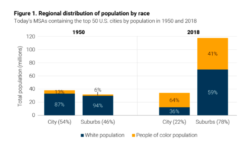
This data shows that in the 1950s, the suburbs were populated by a majority of white people (94%), and in 2018, they are still the majority (59%). While the cities have become even more populated by people of color in 2018 than in 1950.
Continue reading Algorithmic Biases & Economic Inequality – by Pearl Kasirye

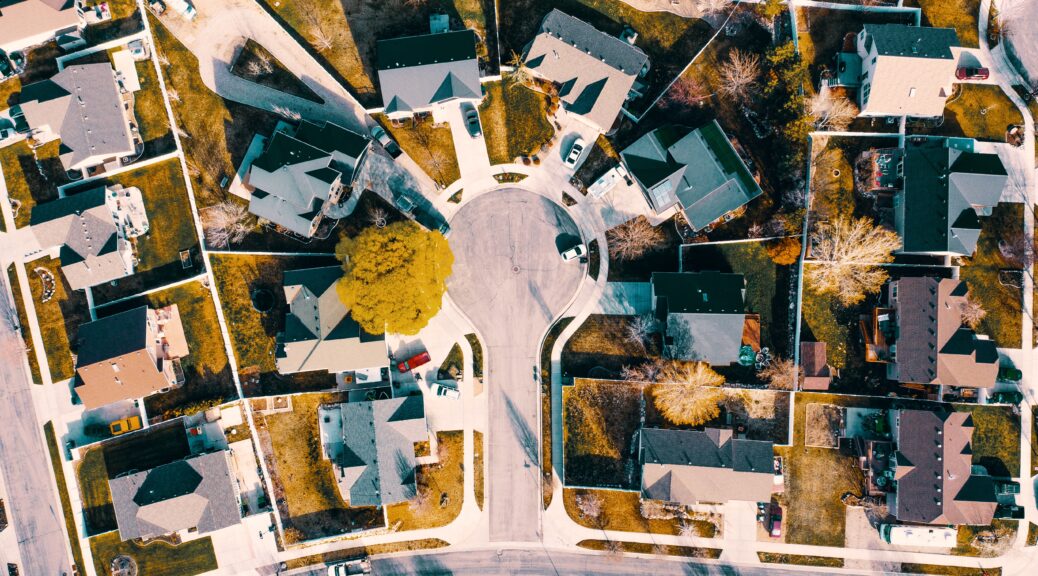
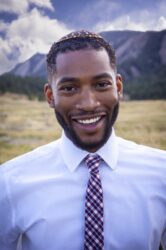 Bryant Heinzelman
Bryant Heinzelman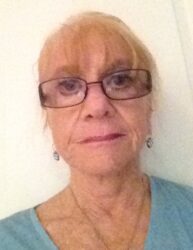 Dr. Barbara Weitz
Dr. Barbara Weitz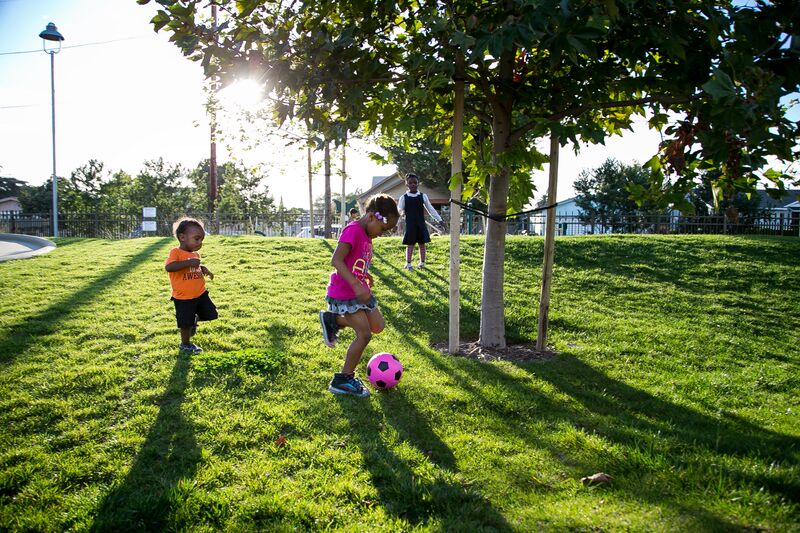
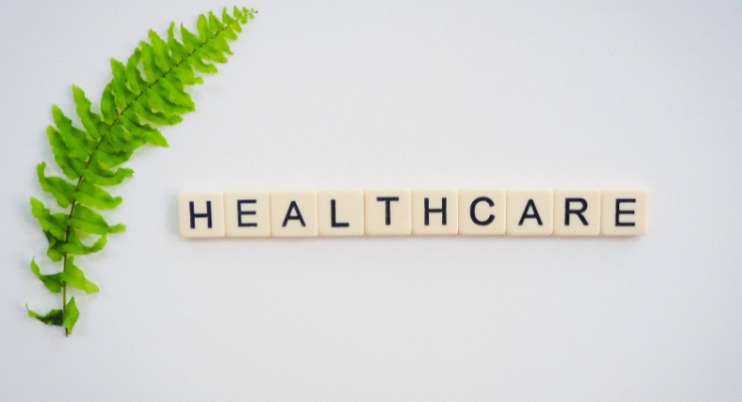


 Diversity, Equity, Inclusion, and Belonging (DEIB) of the future
Diversity, Equity, Inclusion, and Belonging (DEIB) of the future